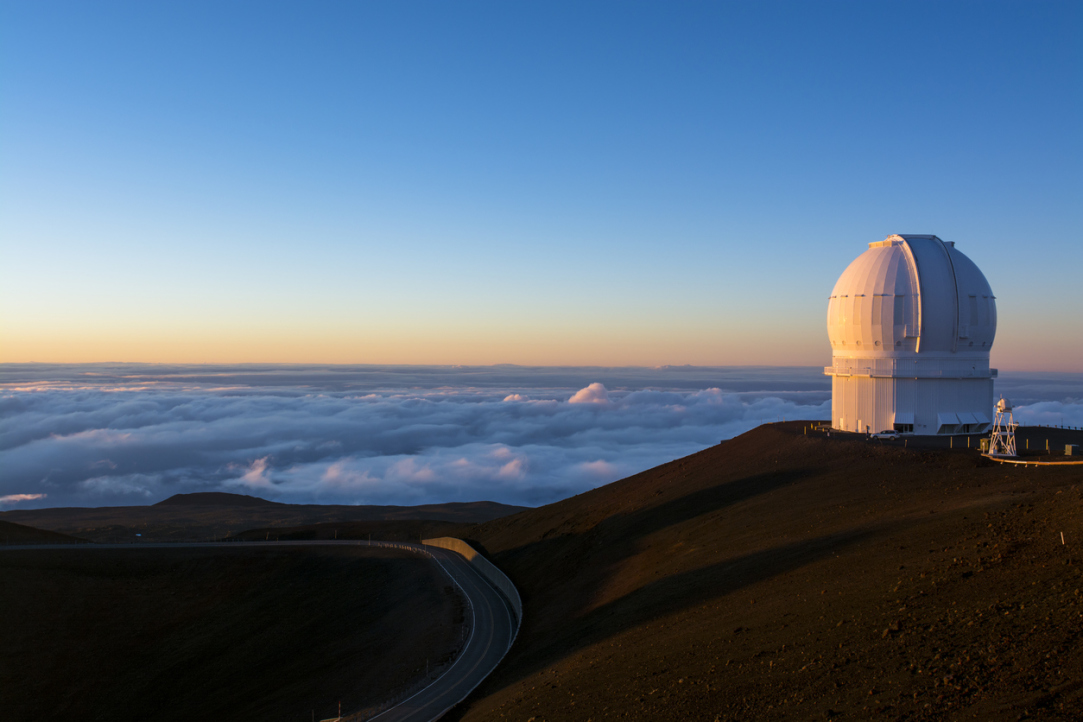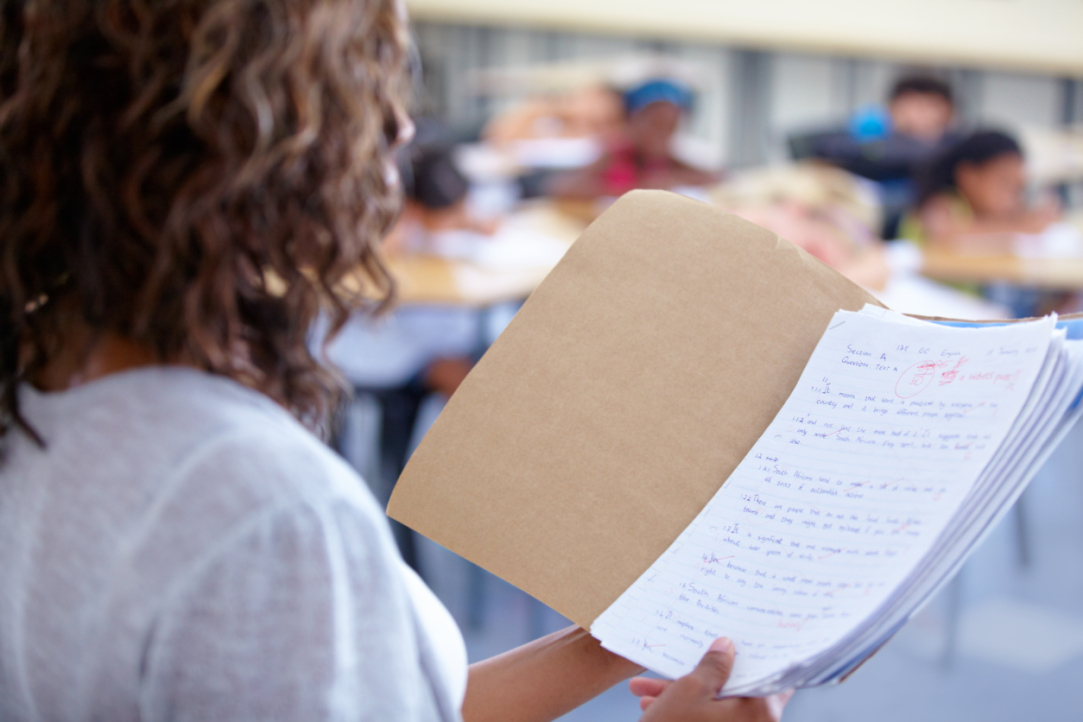Thin Films Can Enhance Vorticity in the Ocean
Scientists from the Higher School of Economics and the Landau Institute for Theoretical Physics of Russian Academy of Sciences have investigated how vortex flows penetrate the interior of a liquid. The authors of the article have shown that specific (thin liquid and insoluble) films on the surface of water enhance eddy currents. These currents are produced by the interacting surface waves directed at an angle to each other.
Scientists Uncover New Facts Concerning Working Memory in Children
Researchers from the Higher School of Economics conducted a meta-analysis by compiling data across 17 neuroimaging studies on working memory in children.The data obtained shows concordance in frontoparietal regions recognized for their role in working memory as well as regions not typically highlighted as part of the working memory network, such as the insula.
Researchers Use Nanotechnology to Improve the Accuracy of Measuring Devices
Scientists from Higher School of Economics and the Federal Scientific Research Centre ‘Crystallography and Photonics’ have synthesized multi-layered nanowires in order to study their magnetoresistance properties. Improving this effect will allow scientists to increase the accuracy of indicators of various measuring instruments, such as compasses and radiation monitors.
Innate Stress: Researchers Find Link Between Genes and Subjective Well-Being
In the recently published article ‘Association of MAOA-uVNTR Polymorphism with Subjective Well-Being in Men,’ a team of researchers was able to statistically monitor the impact of the monoamine oxidase A gene (MAOA) on the subjective evaluation of well-being among men. This work became the latest step towards an understanding of how genes can affect social phenomena.

Not Getting Lost in Space: Why It’s Important to Learn to Detect Signals from Neutron Stars
The big scanning antenna at the Pushchino Radio Astronomy Observatory logs almost 90 GB of data every day. The data are usually processed by the astronomers manually. Vladimir Samodurov and Alexander Gorbunov, researchers at the HSE Faculty of Business and Management, decided to relieve the scholars from this hard work and give this job to neural networks. They shared the results of their work in the paper ‘Perspectives of intellectual processing of large volumes of astronomical data using neural networks’.

When There Is No One Around: How Solitude Differs from Loneliness
According to the researchers of the HSE International Laboratory of Positive Psychology of Personality and Motivation, personality development is associated with positive acceptance of solitude. Their study is based on a survey of 204 respondents (41 men and 163 women), mostly students, aged 16 to 25.
Not All Diversity Is Equally Beneficial
HSE experts have determined that cultural diversity is beneficial for team performance in eSports, while language and experience diversity negatively affect performance. These results might be of interest to companies of similar industries aiming to maximize profits. The study, entitled ‘Is Diversity Good or Bad? Evidence from eSports Teams Analysis,’ was published in the journal Applied Economics.

STEMatisation of Women: How Gender Stereotypes Can Prevent Women from Having Careers in Knowledge-intensive Industries
Having studied gender imbalances in disciplines such as science, technology, engineering and mathematics, HSE sociologists propose steps to support women in choosing STEM and staying in this field.

Hard yet Profitable: What Teachers Think about the Performance-based Contracts
Researchers from the HSE Institute of Education surveyed teachers in vocational secondary schools in the Moscow Region, and compared the new advantages and disadvantages brought by the new conditions in their lives.
Infantilism as a Norm
Views on human age need to be revisited. The value of adulthood as a period of certainty has declined for many, which means that this period is being delayed. The processes of personality development vary, and adults are preserving signs of infantilism.

